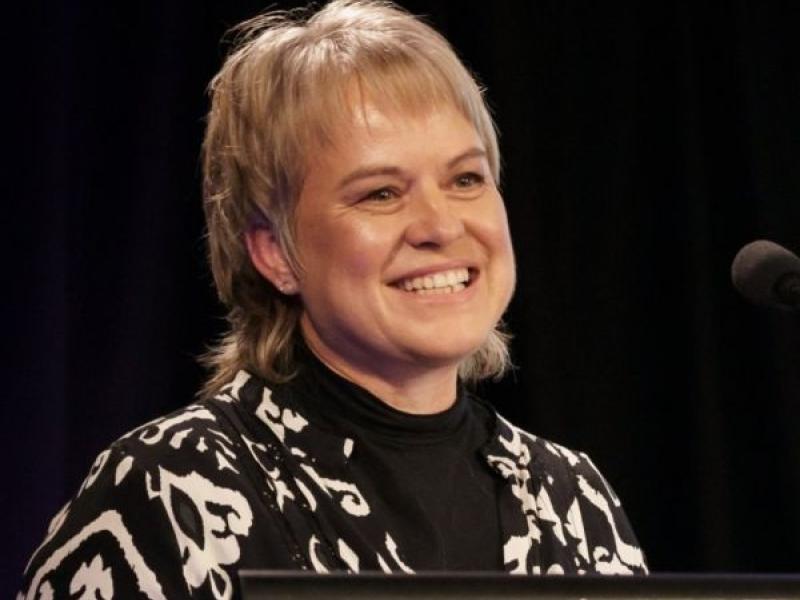Researcher Helena Roennfeldt’s own experience has been the catalyst for her interest in the personal meanings of mental health crises.
Helena was born into challenging family circumstances. She was involuntarily placed in an adolescent psychiatric facility at 14 and has also spent time in adult facilities, the last when she was 20. This exposure to the mental health system left her fundamentally changed and she set her sights on finding better ways of supporting people in times of crisis.
Following this interruption to her schooling, Helena went back to school and completed Years 11 and 12 (in one year) and then a Bachelor in Psychological Science. Helena has since completed four master’s degrees, in social work, mental health practice, forensic mental health, and suicidality.
She has over 20 years’ experience working in the mental health sector and is currently Lived Experience Research Consultant at Mind Australia. Her academic, practical and lived experience informs her knowledge and skills base in qualitative research. Helena has recently completed her PhD on first-person accounts of mental health crisis and experiences of crisis care in Emergency Departments, crisis phone lines or alternatives to ED’s.
“Traditional crisis care threatens to medicalise our distress and become places of containment. Yet, alternative options for crisis care are limited. I want us to consider how we can respond to crisis through the lens of lived experience to humanise crisis,” Helena said.
